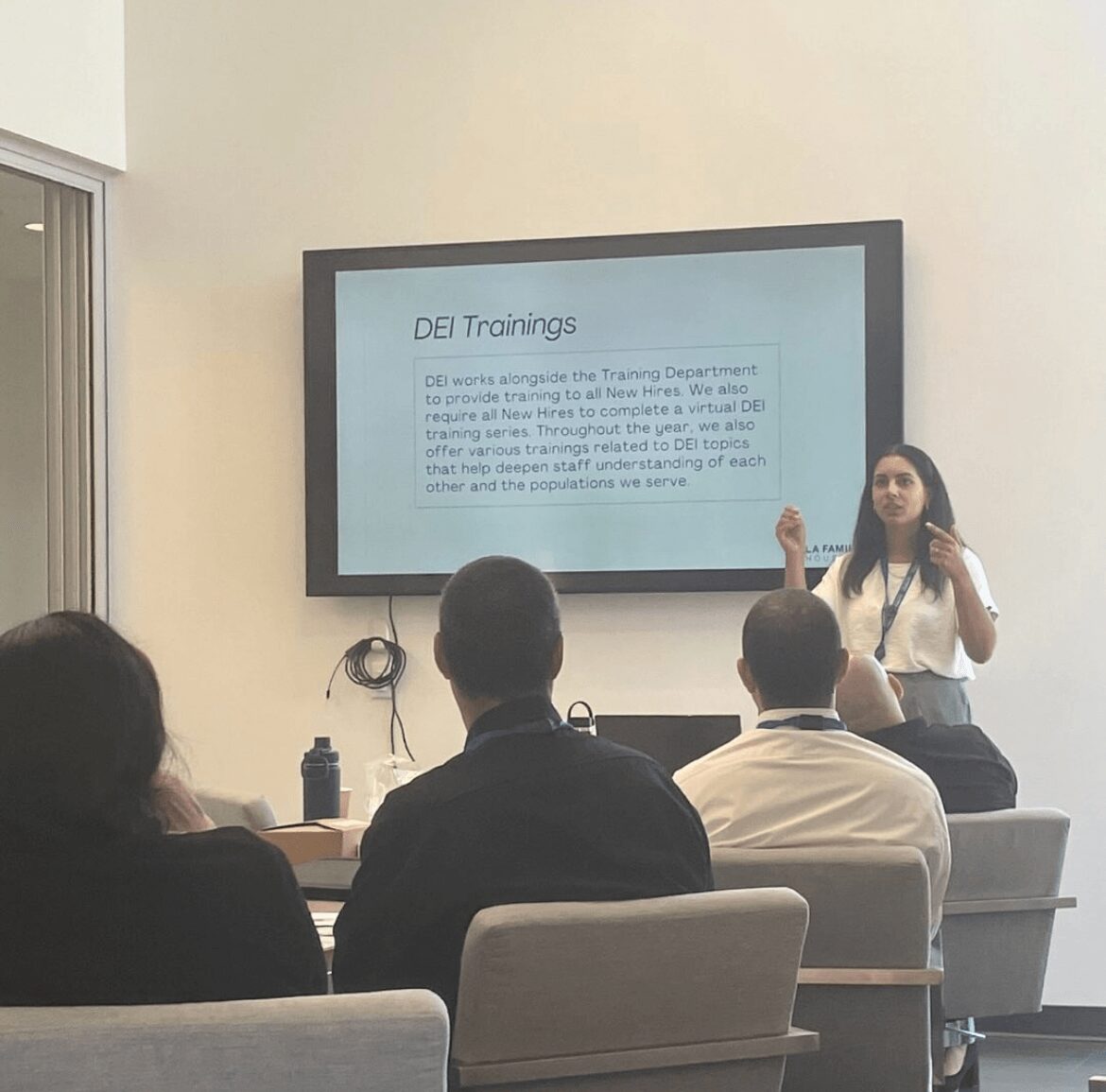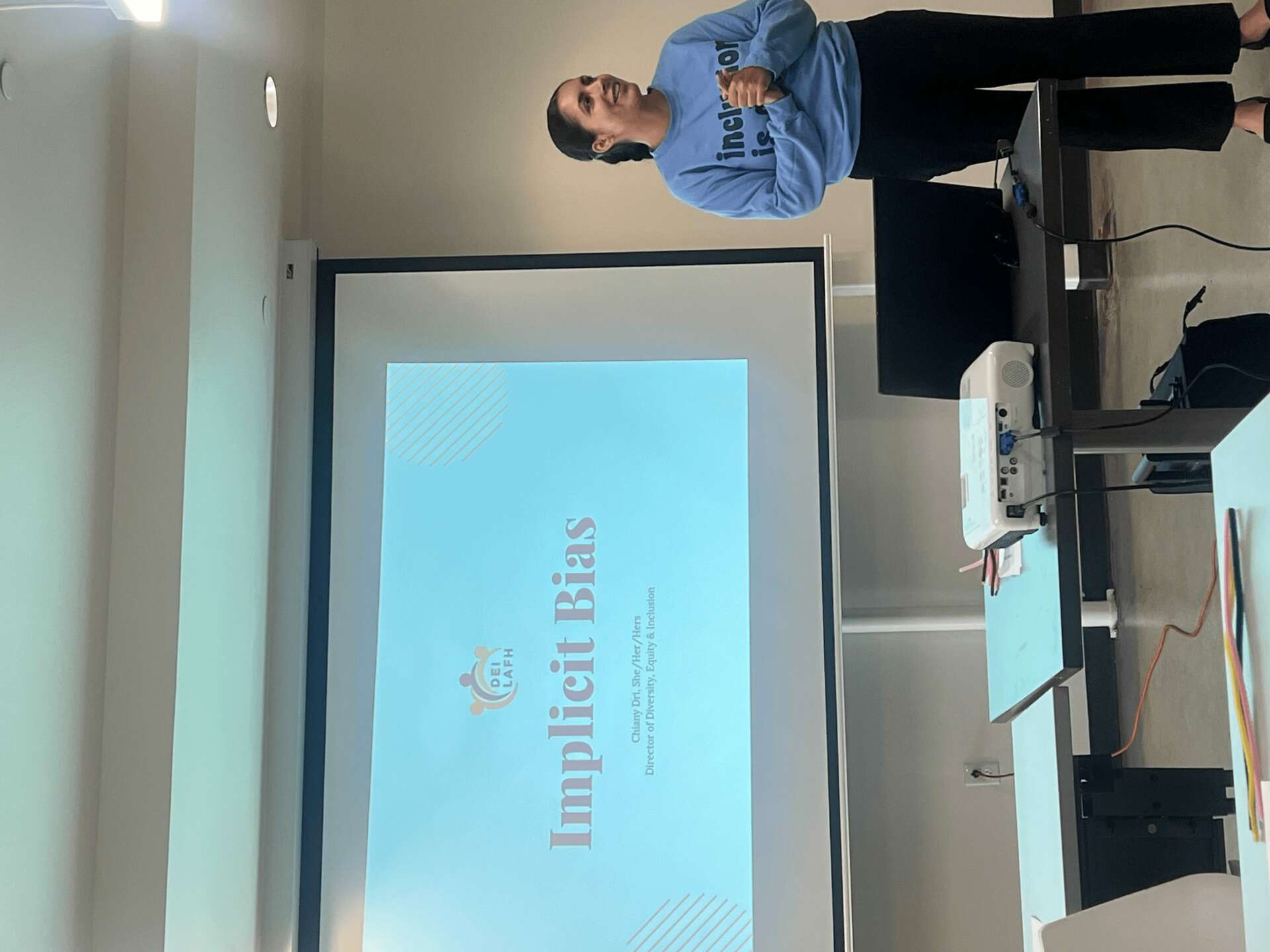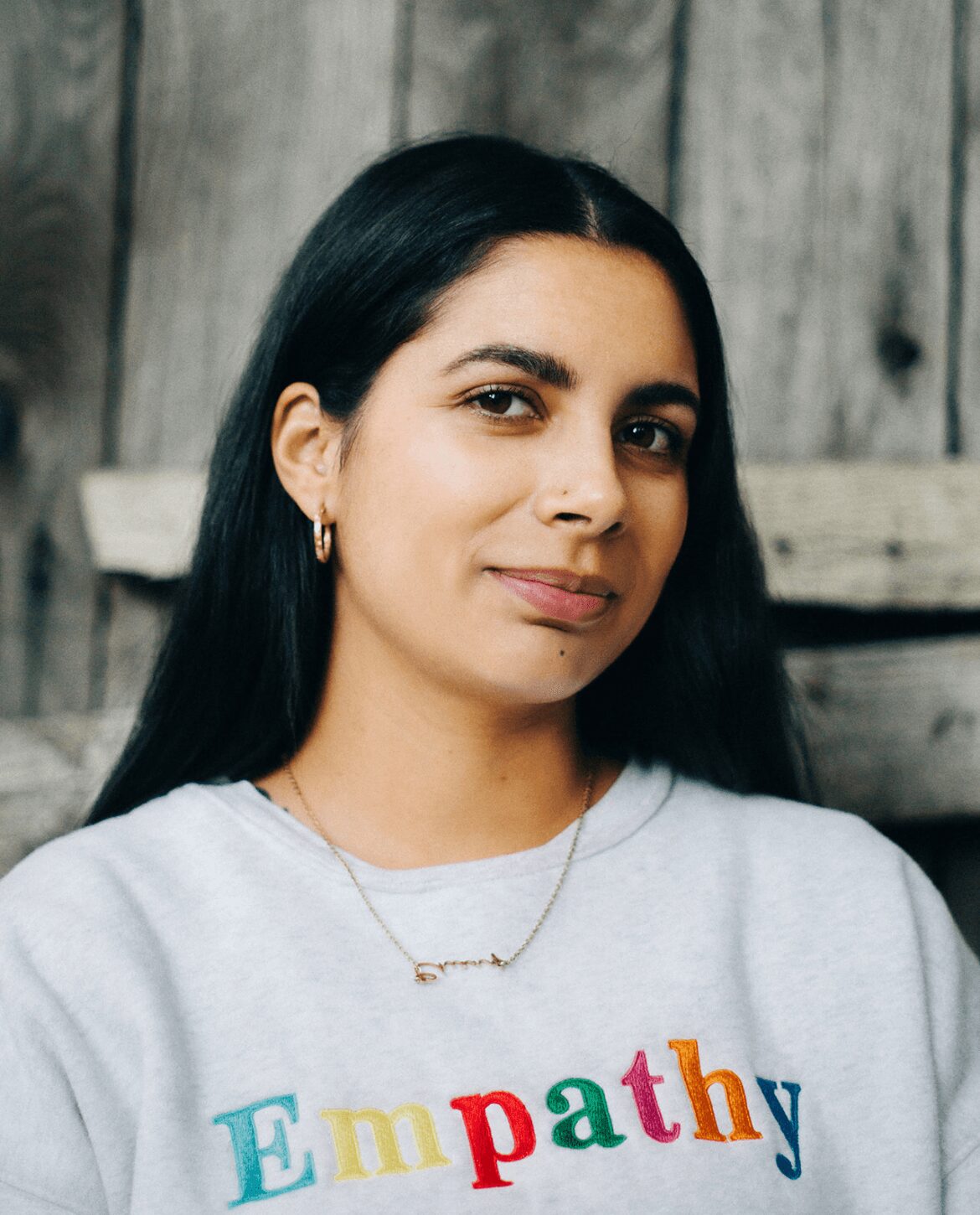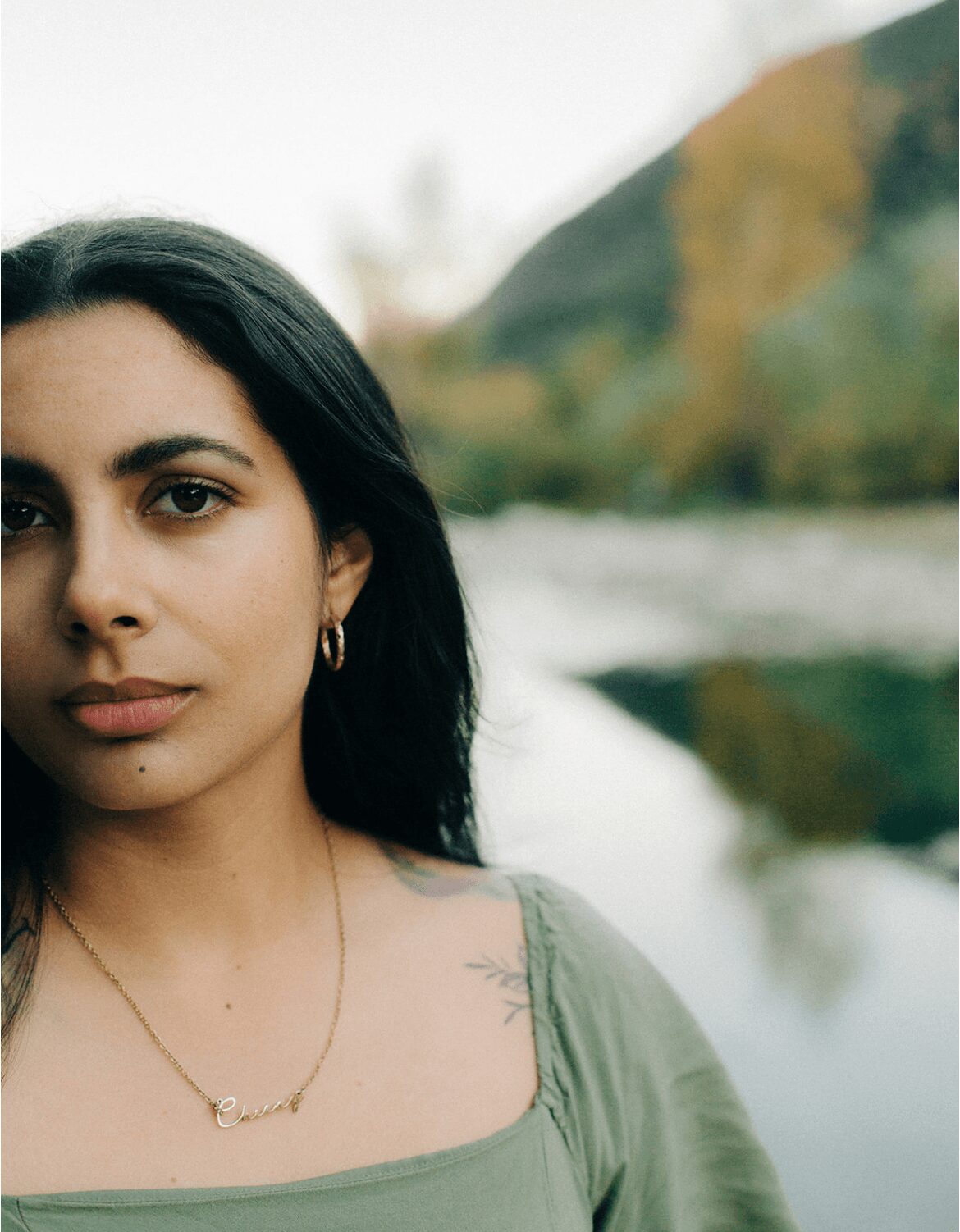We’re excited to introduce you to the always interesting and insightful Chiany Dri. We hope you’ll enjoy our conversation with Chiany below.
Chiany, looking forward to hearing all of your stories today. Risking taking is a huge part of most people’s story but too often society overlooks those risks and only focuses on where you are today. Can you talk to us about a risk you’ve taken – it could be a big risk or a small one – but walk us through the backstory.
I’m a natural risk taker. I’ve always been interested in what life looks like outside of the confines of expectation. However, I would say that the biggest and scariest risk I’ve taken is jumping head first into starting a business. Putting yourself out there in the world, remaining confident in your vision, and the vulnerability in positioning yourself as an expert, I think are all very scary things. Especially if you’re someone who struggles with imposter syndrome, for example, but this vision and dream that I’ve now brought to life, is one that I wholeheartedly believe in and have confidence in. I believe that my work has the potential to really help a lot of people.

Awesome – so before we get into the rest of our questions, can you briefly introduce yourself to our readers.
In March of 2024 I founded The Inclusion School, a Diversity, Equity, and Inclusion Agency helping people and businesses transform their workplace culture. We offer DEI Certificate Courses for individuals who want to enhance their skillset in social and workplace impact. We also offer DEI business solutions such as DEI strategic planning and road-mapping, as well as training.
Our goal is to support businesses and individuals in driving workplace belonging. As an agency, we believe that belonging is the key to workplace thriving. When we feel that we truly belong somewhere, we put our whole heart into that place and our work. We’re more committed to our work, we feel safe to take creative risks with our work, and we stay at our workplaces longer and are more fulfilled. This is good for people and for business, especially when we consider the fact that people typically spend 1/3rd of their lives in the workplace. That’s a lot of time to spend in a place where you don’t feel safe or like you belong. We want to change that.
While there are others doing similar work in this field, one thing that sets us apart from our peers in the DEI space is our intentional bridging of DEI concepts with Trauma informed and somatic practice. We call our work ‘Embodied DEI’ because we believe that the body is a tool for understanding and living out the values of DEI work. We believe that just as the mind expands intellectual capacity, the body helps us expand our emotional capacity and with DEI being such intimate, personal, and human-centered work, we feel it’s important to create a mind body connection while learning. This helps us fully internalize the learnings and build new pathways for the comprehension of both the intellectual and emotional based learning of diversity, equity, and inclusion.
We’re really proud of what we do and how it impacts individuals and businesses alike. We find that our approach offers a sustainable solution to workplace inclusion and belonging and the implementation of these practices within our workplaces and beyond.
How did you build your audience on social media?
A lot of the marketing of our work happens on Social Media, and we’re grateful to have such a strong following of like-minded and passionate individuals online! It’s been the best surprise to see just how much our work resonates with others who also want to create workplaces of belonging.
I started our social media on Instagram with very little knowledge of how to market on social media or engage a business space on social media. Over time and through some trial and error, I’ve learned some lessons on best practices for the work we do and how we talk about it. I’m still learning!
I’m a very relational person, so one of the things I began doing very early on was following people with similar interests and genuinely engaging with their content. It could be a mother talking about how her workplace makes it so hard for her to be there for her family, and I would engage with my own story or deeply empathizing with an experience I know all too well. It’s about building trust with your audience but it’s also about developing real relationships with people that go beyond the business offering. Real trust is built on the ways in which we relate to each other.
I also found that having a page that spoke clearly about who we are, why we are, and what we are, really mattered. People want to know what this work is but they also need to know why it matters, why it’s necessary right now in this moment. The messaging around our business ‘why’ has made all the difference.
Lastly, I made the decision early on to work with people who were much smarter than me in the realm of social media marketing. This helped me build a really strong foundation for our social media presence. I worked with a branding expert and with a business coach so that I could understand better how to build my personal brand online and how to drive business through this mechanism as well. There is no shame in asking for help and there are experts waiting to share their expertise! It was absolutely worth the investment and I really give credit to them for the success of my social media today in driving business and relationships within our work.

What do you think helped you build your reputation within your market?
Building our reputation really made a difference and continues to make a difference. People want to know that your offering is legitimate and that others have benefited from it. Some things that helped us build our reputation within our market have been positioning ourselves as experts in our work through the sharing of resources and information. Offering free resources like white papers, social media content, and advice has helped build trust in our work and expertise. These are typical ways to build reputation. But I think the secret sauce has actually been within the balance of my own vulnerability as a founder and CEO. We’ve also built our business reputation by being vulnerable and open about who I and how it’s led to who we are as a business. Again, building those relationships has been our most effective strategy for building our business and our reputation as a business that doesn’t just talk about DEI, but also walks the walk of DEI and human-centered work.
Contact Info:
- Website: https://theinclusionschool.com
- Instagram: @officialinclusionschool
- Linkedin: https://www.linkedin.com/company/the-inclusion-school/

Image Credits
Photography by: Joy Newell


